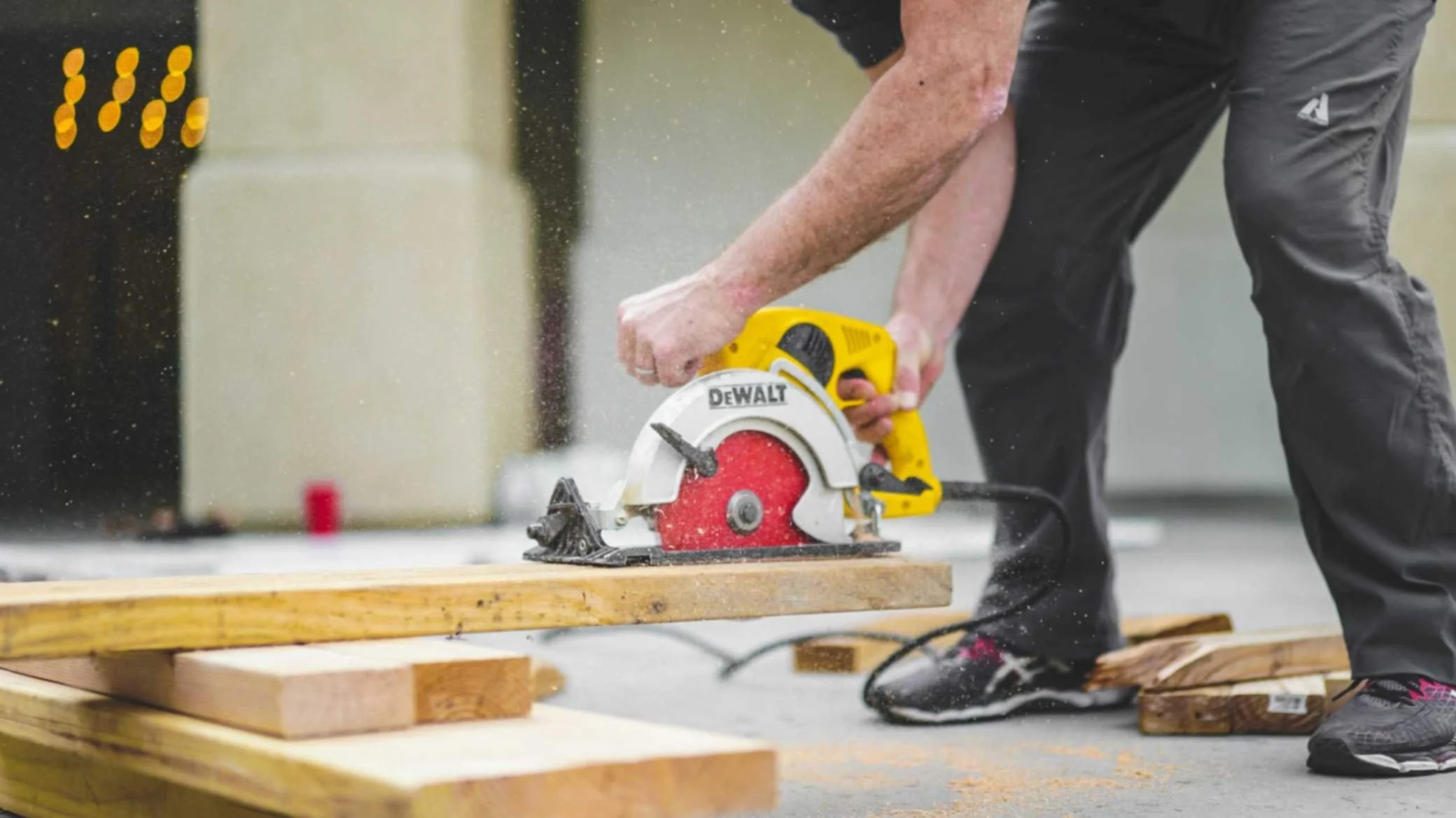Contractor vs. Handyman: When You Need a Pro (and Why)
Not every home improvement or construction job is created equal—and neither are the professionals who take them on. If you’ve ever found yourself wondering whether to call in a handyman or hire a licensed contractor, you’re not alone. It’s a common question for homeowners, property managers, and business owners alike.
At Oakhaven Properties, we’ve seen firsthand the difference that choosing the right professional makes. As general contractors based in Langley, BC, we’re often asked where the line is between a task that’s handyman-friendly and a project that demands the training, tools, and oversight of a professional contractor. Let’s break it down.
Understanding the Roles: What’s the Difference?
Handyman
A handyman (or handywoman) is typically a jack-of-all-trades—someone who can tackle a wide variety of small repair and maintenance tasks. Think minor drywall patching, installing light fixtures, replacing a faucet, or repairing a fence.
They’re often self-employed or work under a general maintenance company, and while some have years of experience, they aren’t usually licensed to take on large-scale construction or renovation work.
General Contractor
A general contractor (like Oakhaven Properties) is a licensed professional responsible for overseeing building projects. That includes pulling permits, hiring and coordinating trades, managing timelines, maintaining safety standards, and ensuring everything meets code.
We take care of full home renovations, additions, commercial buildouts, new home construction, and everything in between. We’re the quarterback of the construction world—keeping everyone on task and the job on track.
When to Call a Handyman
Handymen are perfect for:
Minor plumbing or electrical fixes (swapping fixtures or clearing drains)
Basic carpentry tasks (like hanging shelves or repairing trim)
Appliance installation (microwaves, dishwashers)
Small drywall repairs or paint touch-ups
General home maintenance
If your task is under $5,000 (in BC) and doesn’t require a permit or specialty license, a handyman might be your best bet.
However, be cautious: once a project involves structural elements, electrical wiring, or plumbing behind walls, it’s time to consult a licensed pro.
When You Need a Contractor
Here’s when hiring a general contractor is not just advisable—it’s essential:
Renovations: Kitchens, bathrooms, basements, and whole-home remodels require skilled coordination and licensed trades.
Structural Work: Moving walls, modifying framing, or anything affecting the building envelope.
Electrical & Plumbing: Anything beyond fixture swaps, especially involving permits or inspections.
Permits Required: If your municipality requires a permit, you’ll need a contractor to pull it.
Multiple Trades: If your project involves more than one specialty (e.g., electrician, plumber, drywall, flooring), a contractor manages that complexity.
Safety Compliance: We ensure all workers are trained, insured, and compliant with WorkSafeBC standards.
Contractors also provide warranty and liability coverage that most handymen simply can’t offer. That peace of mind is often worth more than the price difference.
What About the Cost?
It’s true: hiring a handyman usually costs less—hourly rates are often lower and overhead is minimal. But you get what you pay for.
A licensed contractor brings a level of expertise, project planning, and accountability that adds value to your home and avoids expensive rework down the line. We’ve stepped in to fix more than a few projects that started with a “cheap fix” and ended up being a costly redo.
In construction, cutting corners rarely pays off. With a contractor, you get accurate quotes, milestone timelines, warranty protection, and the security of knowing it’s done right the first time.
Red Flags to Watch For
Be cautious if a handyman:
Offers to do structural or electrical work without a license
Doesn’t provide a written estimate or contract
Can’t offer references or a portfolio
Won’t provide proof of insurance or WorkSafeBC coverage
On the flip side, if a contractor is unwilling to take on small jobs or offers vague timelines, they may not be the right fit for your task either.
Finding the Right Fit for Your Project
When you’re trying to decide between a handyman and a contractor, ask yourself:
Does this job require permits or inspections?
Will this project affect my home’s structure or systems?
Will I need more than one trade involved?
What’s my budget and timeline?
Do I want a guarantee or warranty?
If the answer to any of these points is yes—or if you’re unsure—it’s safest to consult a contractor.
Working with Oakhaven Properties
As general contractors in Langley, BC, we understand that not every project needs a full crew. But when it does, we’re ready to manage every detail with professionalism and care.
We specialize in new home construction, renovations, and light commercial work across the Fraser Valley. We partner with licensed electricians, plumbers, designers, and trades to ensure your project runs smoothly from start to finish.
Our clients come to us because they want quality, communication, and craftsmanship—not just a patch job or a quick fix.
Final Thoughts
There’s a time and place for a handyman—and many of them are incredibly talented professionals. But when the stakes are high, the scope is large, or safety is involved, hiring a contractor is the smart move.
At Oakhaven Properties, we believe in doing things the right way—not the fastest or cheapest way. If you're unsure where your project lands, give us a call. We're always happy to offer guidance—even if it turns out to be a small job you can handle with a local handyman.
Because in the end, it’s not just about fixing what’s broken—it’s about building with purpose.



